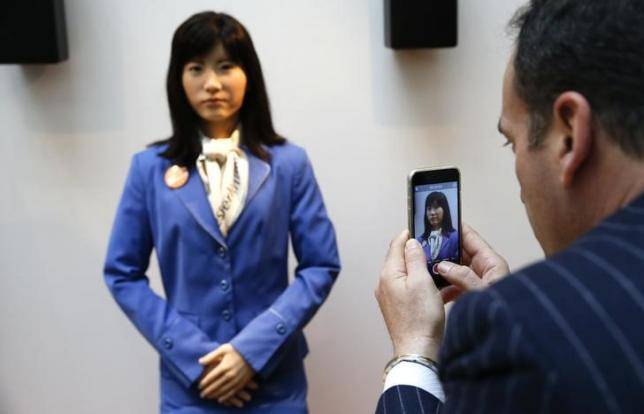
BOSTON: Scientists have developed a furry, brightly coloured robot that serves as peer learner to encourage students in a classroom and can create a personalised motivational strategy by interpreting emotional responses of a child.
Researchers from Massachusetts Institute of Technology in US and Tel Aviv University in Israel developed the socially assistiverobot called Tega that is designed to serve as a one-on-one peer learner in or outside of the classroom. Testing the setup in a preschool classroom, the researchers showed that the system can learn and improve itself in response to the unique characteristics of the students it worked with.
It proved to be more effective at increasing students’ positive attitude towards the robot and activity than a non-personalised robot assistant.
The researchers piloted the system with 38 students aged three to five in a Boston-area school last year. Each student worked individually with Tega for 15 minutes per session over the course of eight weeks.
Tega uses an Android device to process movement, perception and thinking and can respond appropriately to children’s behaviours.
It is equipped with a second Android phone containing custom software that can interpret the emotional content of facial expressions, a method known as “affective computing.”
The students in the trial learned Spanish vocabulary from a tablet computer loaded with a custom-made learning game. Tega served not as a teacher but as a peer learner, encouraging students, providing hints when necessary and even sharing in students’ annoyance or boredom when appropriate.
The system began by mirroring the emotional response of students – getting excited when they were excited, and distracted when the students lost focus.
It also tracked the impact of each of these cues on the student. Over time, it learned how the cues influenced a student’s engagement, happiness and learning successes.
As the sessions continued, it ceased to simply mirror the child’s mood and began to personalise its responses in a way that would optimise each student’s experience and achievement. “We started with a very high-quality approach, and what is amazing is that we were able to show that we could do even better,” said Goren Gordon, from Tel Aviv University.






